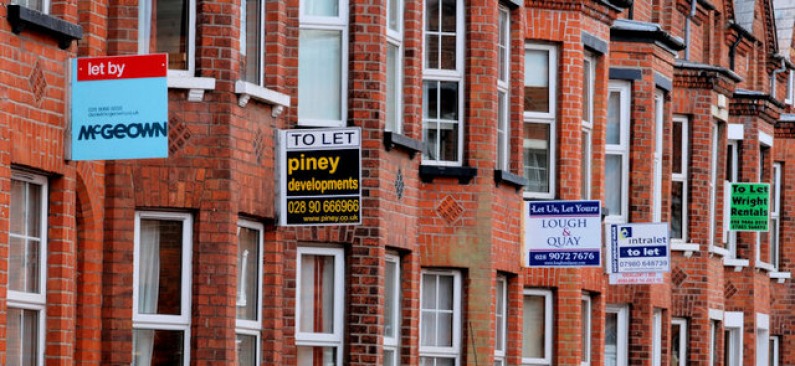Single-parent households at higher eviction risk

The charity asserts that single-parent households are disproportionately affected by the housing crisis, emphasizing that the private renting system is flawed.
Over 70,000 lone-parent households are confronting eviction this winter, highlighting their disproportionate impact in the midst of England’s housing crisis, according to figures. A survey conducted by Shelter unveils that more than 74,000 individuals, or one in seven lone parents renting privately, along with their children, are on the brink of homelessness within weeks.
The housing charity’s findings indicate that one-parent families are significantly more prone to falling behind on rent payments or experiencing no-fault evictions compared to the broader population.
Shelter’s Chief Executive, Polly Neate, remarked, “The private renting system is dysfunctional, and single parents are disproportionately impacted by the crisis. Years of neglect in constructing truly affordable social housing have intensified competition for rentals, making it increasingly challenging for lone parents to secure and maintain a secure home.
Activists caution that lone-parent families face an increased threat of homelessness as they essentially encounter exclusion from the rental market due to discriminatory practices, such as widespread bans on children or housing benefit.
A YouGov survey, supported by the Nationwide Building Society, revealed that over 41% of single parents acknowledge borrowing money to meet rent obligations, in contrast to 27% of households without children. Additionally, nearly 60% expressed concerns about potential homelessness due to escalating housing expenses, compared to 40% of households without children.
Shelter assessed the potential threat of homelessness this winter by examining the count of adults renting privately who have either received or faced the prospect of an eviction notice in the past month. The analysis also considered the number of tenants falling behind on rent payments, putting their homes at risk.
This criterion applied to one in seven lone parents, totaling 74,000 individuals, in contrast to one in 10 in the broader population of private renters in England.
Neate commented, “Dealing with skyrocketing rents and escalating living expenses, all while juggling childcare and employment, is already challenging for all parents, and it becomes even more difficult when shouldered alone.
She further stated, “The only genuine and lasting solution is to invest in genuinely affordable social homes with rents linked to local incomes. Until the government takes the necessary steps and commits to this, more individuals will find themselves compelled to seek assistance from our services.”
One in five households in the UK resides in privately rented homes, with rents for new tenancies surging by over 25% since 2020, as revealed in The Guardian’s Living Hell series in November. Despite worsening conditions and squalor, average rents outside London have increased by 10% over the past year to reach £1,278 per month, according to separate data from the property website RightMove. In Greater London, the average monthly rent has hit a record £2,627, marking a 12.1% increase compared to the previous year.
Simultaneously, the number of private landlords seeking eviction through the courts has reached a seven-year high, with concerns that the use of no-fault evictions is “soaring out of control.”
Gingerbread, a charity supporting single-parent families, emphasized that lone parents are the hardest hit by a “perfect storm” of rising interest rates, stagnant wages, and a fiercely competitive rental market. Victoria Benson, the charity’s chief executive, questioned the fairness of forcing single-parent families to make significant life changes simply due to their family structure.
In response, a government spokesperson highlighted ongoing legislative efforts, stating, “The Renters Reform Bill, currently progressing through parliament, will abolish section 21 ‘no-fault’ evictions, aiming to create a fairer, more secure, and higher quality private rented sector. Additionally, a substantial increase in local housing allowance has been announced, benefiting 1.6 million low-income households by an average of £800 per year starting from April 2024.”


